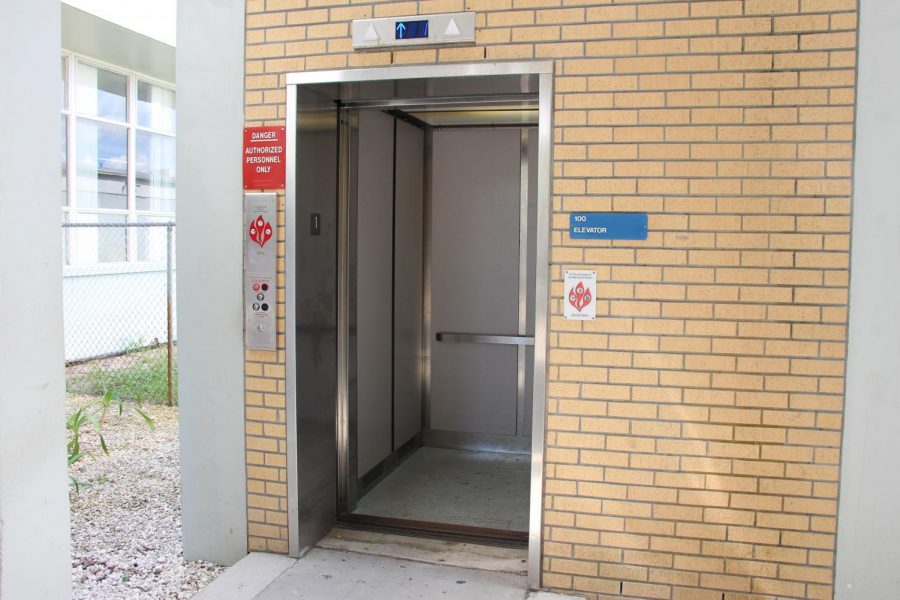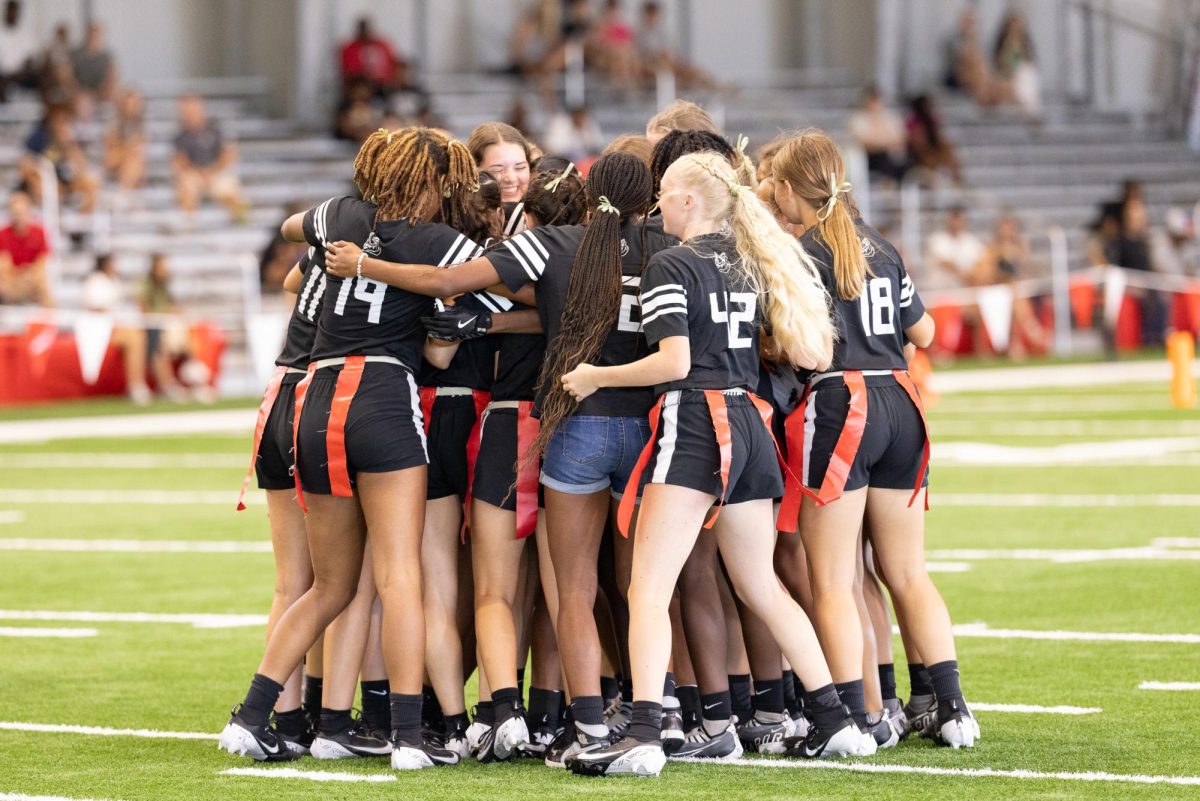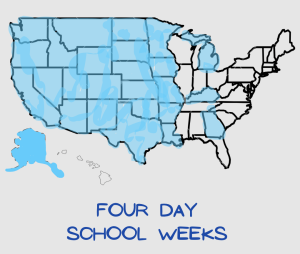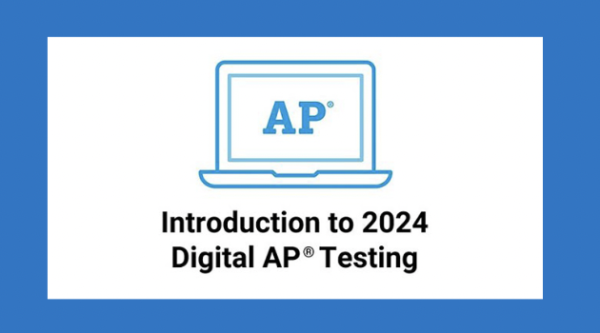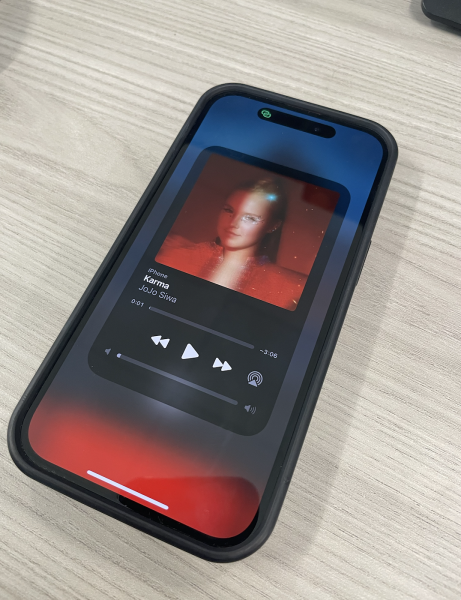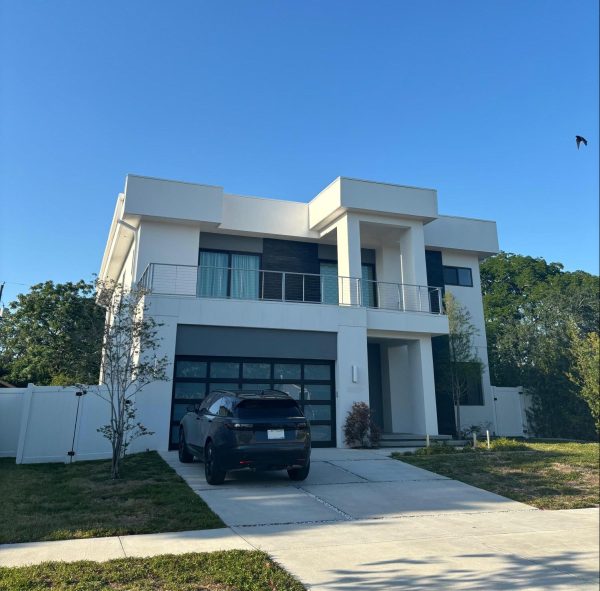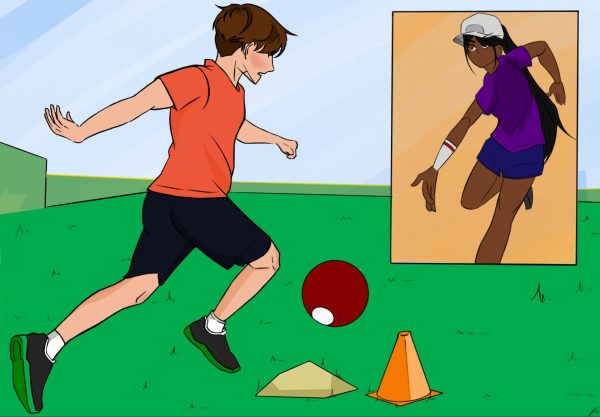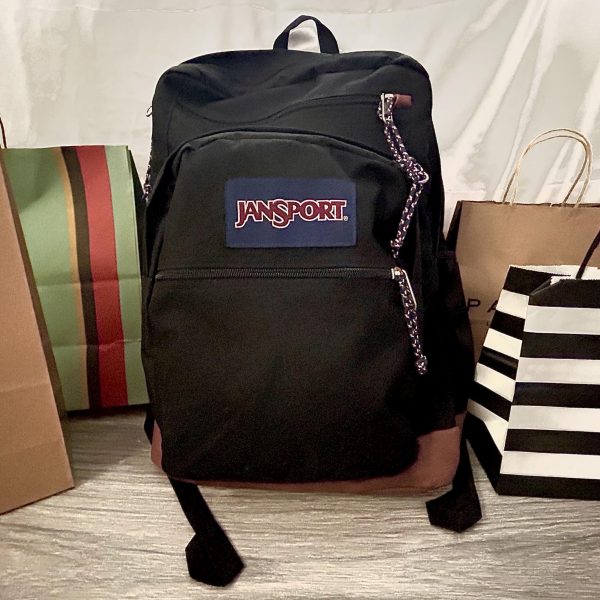This isn’t special treatment, it’s equality
Photo Amelia Foster
Robinson’s elevator
October 1, 2018
I’m an average student. I get good grades, I take an elective, and I try in school; the only difference is that I happen to have a heart disease. When I was born I was diagnosed with a life-long heart disease, and since then a dozen other things have been added on top of that diagnosis. Because of my heart disease and all the things that come with it (e.g., having to take blood-thinners, not being able to play sports, getting tired more easily) I am disabled. While my disability does affect my daily life, I shouldn’t have to worry about it in school.
Since I was little, I’ve seen first-hand how little school officials are prepared to deal with disabilities in daily-life. A 504c plan is a basic form of accommodation for disabled students. It is a plan for how the school will provide support for disabled students to have equal access to education, giving them extra time for work.
However, accommodation isn’t just about getting a 504c plan, but all the little things that come with it that can’t be fixed with extra time for work. Disabilities don’t stick to basic plans, how impactful the disability is varies day-to-day for each student’s body. When all school officials, not just teachers, approach disabilities with a lack of compassion and understanding, it can seriously damage that student.
Mid-summer, I had a surgery that meant for two months after, I wouldn’t be able to lift anything over 5 pounds for risk of splitting my sternum open. However, my backpack can regularly weigh over 10 pounds. I told the school exactly that, and was told before the school year started that my problem would be taken care of. And yet, when I arrived on the first day of school, the only solution was for me to use a locker, with no explanation of how I was ever going to bring my backpack to that locker.
Being told to use a locker brought a whole slew of problems with it, including having to wait with everyone else to be able to purchase one. After I had bought one, I wasn’t able to use it until I was able to carry my own bag because there was no time to go to my locker, then go to class, then have the friend that was carrying my bag go to their own class and have us all arrive on time.
I am not the first disabled student to enter Robinson and I will not be the last, yet I fear that accommodations won’t get any better. Disabilities are a complex and varying problem, but more than a moment’s thought would have revealed that the locker solution doesn’t actually work. I’m not saying that teachers and administrators should become experts in every student’s disability, but they should be open and willing to accept accommodations in order to ensure that every student can feel safe and equal.
Even though I am now able to use a locker, I am still often late to class because I am required to use the elevator- meaning that sometimes I’ll have to walk across campus just to use it then walk all the way back. Due to that long walk and only a 5 minute period to get to class, teachers have become bothered that I am so often late. Although it is in my 504c plan that I am allowed extra time, I have been constantly told by one of my teacher’s to hurry up, even with me protesting that I physically cannot.
Why is my accommodation for more time to get to class viewed as special treatment? Would a teacher react the same way if a student with glasses requested to move to the front so they could see better? Why are the two accommodations any different?
Teachers should know how to react when faced with disabled students, it is unfair for them to expect every student to be able-bodied. My accommodations are not special treatment, they are equality. I should stay up worrying about my grades, not if I’m going to have to deal with ableism from adults who should know better.

